Supporting Grieving Families
If you have lost someone to suicide, the most important thing to know is that you are not alone. Each year, over 49,000 people in the United States die by suicide — leaving behind countless family members and friends known as “survivors.” It’s estimated that for every suicide, 7 to 10 people are deeply affected, meaning millions of survivors across the country are coping with this heartbreaking loss.
There are millions of survivors who, like you, are trying to cope with this heartbreaking loss.
Survivors often experience a wide range of grief reactions, including some or all of the following:
Shock is a common immediate reaction. You may feel numb or disoriented, and may have trouble concentrating.
Symptoms of depression, including disturbed sleep, loss of appetite, intense sadness, and lack of energy.
Anger towards the deceased, another family member, a therapist, or yourself.
Relief, particularly if the suicide followed a long and difficult mental illness.
Guilt, including thinking, "If only I had..."
These feelings usually diminish over time, as you develop your ability to cope and begin to heal.
What Do I Do Now?
Some survivors struggle with what to tell other people. Although you should make whatever decision feels right to you, most survivors have found it best to simply acknowledge that their loved one died by suicide.
You may find that it helps to reach out to family and friends. Because some people may not know what to say, you may need to take the initiative to talk about the suicide, share your feelings, and ask for their help.
Even though it may seem difficult, maintaining contact with other people is especially important during the stress-filled months after a loved one's suicide.
Keep in mind that each person grieves in his or her own way. Some people visit the cemetery weekly; others find it too painful to go at all.
Each person also grieves at his or her own pace; there is no set rhythm or timeline for healing.
Anniversaries, birthdays, and holidays may be especially difficult, so you might want to think about whether to continue old traditions or create some new ones. You may also experience unexpected waves of sadness; these are a normal part of the grieving process.
Children experience many of the feelings of adult grief, and are particularly vulnerable to feeling abandoned and guilty. Reassure them that the death was not their fault. Listen to their questions and try to offer honest, straightforward, age-appropriate answers.
Some survivors find comfort in community, religious, or spiritual activities, including talking to a trusted member of the clergy.
Be kind to yourself. When you feel ready, begin to go on with your life. Eventually starting to enjoy life again is not a betrayal of your loved one, but rather a sign that you've begun to heal.
*Excerpted from Surviving Suicide Loss: A Resource and Healing Guide
No one has to grieve alone! There are many resources available to aid grieving individuals and families through their journey with grief. HealGrief.org offers these resources, both nationally and locally with an easy to use state-by-state dropdown tab.
The OUR HOUSE Grief Support Center also provides many resources to families in need in Los Angeles. The OUR HOUSE mission is to provide the community with grief support services, education, resources, and hope. Please visit ourhouse-grief.org for more information.
The suicide of a family member or friend is one of the most traumatic events a person can ever endure and the pain caused by a loved one’s suicide can seem unending. The Didi Hirsch Survivors After Suicide program has been helping survivors cope with their grief and pain since 1981. Please visit www.didihirsch.org, for more information
